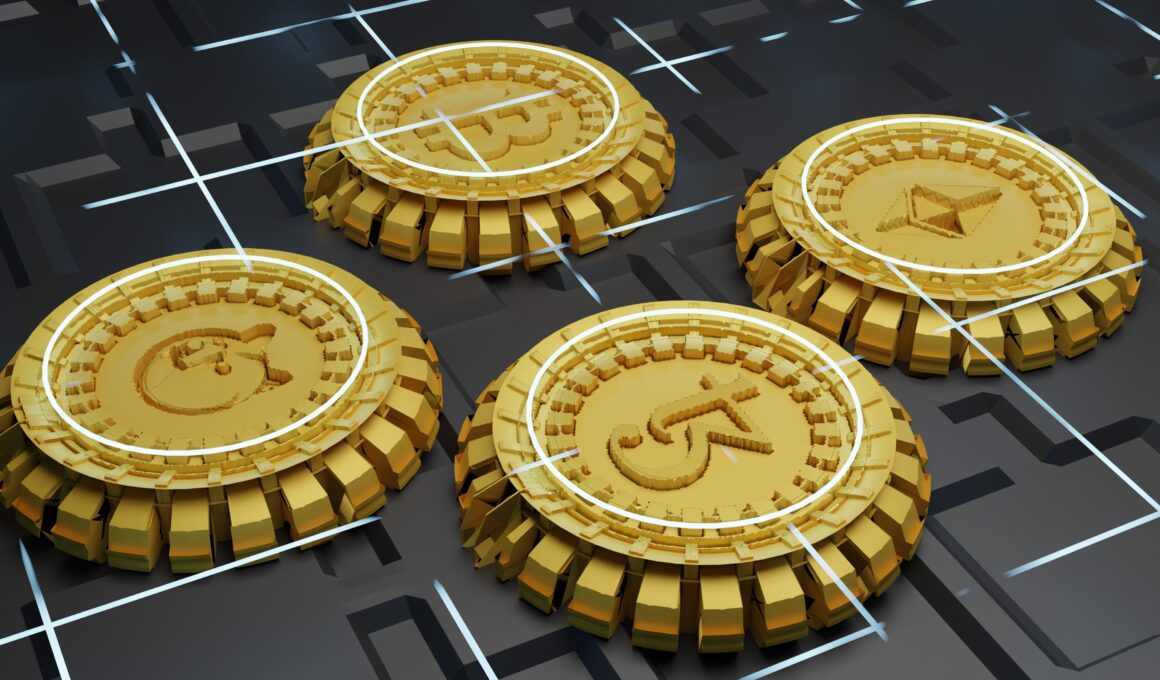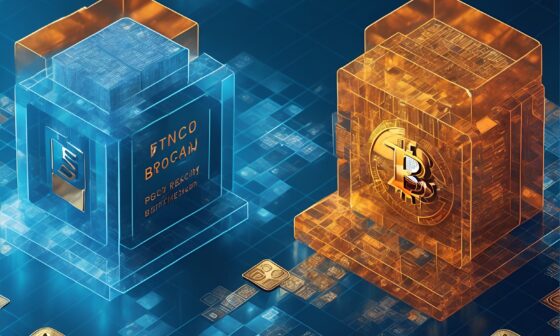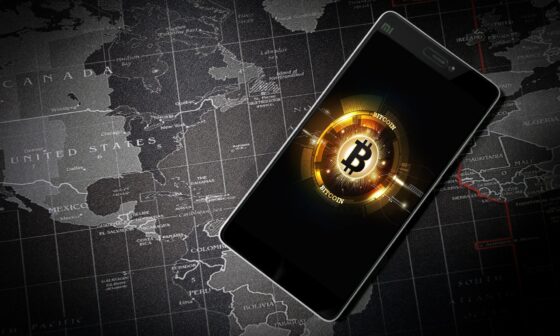The term “decentralization” gets thrown around a lot these days, especially in the context of cryptocurrency and blockchain technology. But what does it actually mean? In its simplest form, decentralization is the process of distributing power or authority away from a central location or person. This can be done for a number of reasons, including increasing efficiency and lowering the costs. There are both pros and cons to decentralization, which we will explore in this article. We will also touch on some real-world examples of decentralization, so that you can better understand the concept.
What Is Blockchain Decentralization?
In a nutshell, decentralization refers to the distribution of power away from central authority figures and institutions, and towards the people. Originally, the term decentralization refers mostly to society and politics, but since the invention of blockchain technology in 2009, the term decentralization is mostly used in the context of technology and finance.
In simple terms, decentralization could be summed up as building systems which do not rely on any single, central part that has the entirety of authority and power. If we use a political analogy, an example of a decentralized system is a well-functioning democracy, where all citizens can participate in decision making. On the other hand, an example of a very centralized system would be a totalitarian regime, where a small group of people or even a single person decides everything.
In technology and finance, decentralized solutions like blockchain are used not only because they are more inclusive, open and democratic, but primarily because they are more resilient and secure. Any centralized system has a single point of failure, which can bring the whole system down if it is threatened. Decentralized systems are almost indestructible by comparison, because any part can be damaged or removed without threatening the whole.
Why Is Blockchain Decentralized?
Blockchain technology is famous mainly for being highly decentralized, but what does that actually mean? Let’s take a look at why blockchain is decentralized and some of the advantages and disadvantages of using blockchain-based solutions like smart contracts to decentralize any process or institution.
A blockchain is a distributed database that maintains a shared ledger of data – in case of cryptocurrencies, the shared data is a record of financial transactions, but it’s important to remember that a blockchain can be used to store any kind of data, not just financial data. For example, healthcare providers use blockchains to store sensitive health data of their patients in a very private and secure way.
Blockchain development is based on the fact that a single data ledger is replicated across many identical, independent nodes in the network, so there is no single point of failure. If one node goes down, the others can continue running the network. Many blockchains use hundreds or thousands of nodes, so even if many of them would be damaged, the network would still keep functioning.
In order for new data to be added to a blockchain, for example a new cryptocurrency transaction, it has to be verified by consensus among the nodes first. This means that no single entity can control or manipulate the data on the blockchain. Because of that, blockchains are extremely secure, and they can guarantee that data is not vulnerable to fraud.
What Are Decentralized Smart Contracts?
A decentralized smart contract is a computer protocol or program that is used to automatically execute, verify, and enforce the negotiation or performance of a contract. Smart contracts used in blockchain development can be used to facilitate, verify, and enforce the performance of virtually any kind of agreement between two or more parties. In simple words, smart contracts are pieces of computer code distributed on a decentralized blockchain that can greatly reduce the costs and risks by automating processes that would otherwise have to be done manually.
Decentralized smart contracts have many advantages over traditional systems. For example, they can be executed automatically and do not require the intervention of third parties. This can save time and money by eliminating the need for intermediaries. In addition, decentralized smart contracts are tamper-proof and transparent, so they can be very easily verified and audited.
Because of that, smart contracts cannot be modified without the consent of all parties involved, and all parties have access to the same information. Finally, decentralized smart contracts can be programmed to self-execute when certain conditions are met. This allows for greater flexibility and customization than traditional contracts.
Advantages of Decentralized Blockchains
Using blockchain development services to increase the decentralization of your company or institution can bring many benefits. The main advantages of decentralized blockchains include increased security, transparency, and immutability.
Security: With a decentralized blockchain, there is no central point of failure. This means that if one node is compromised, the rest of the network is not affected. But even a single node is extremely hard to compromise, since blockchain utilizes state-of-the-art cryptographic algorithms.
Transparency: All data stored on a blockchain is transparent to all the nodes in the network. This allows for increased accountability and eliminates the need for trust between parties.
Immutability: Once data is added to a decentralized blockchain, it cannot be changed or reversed without the agreement of all nodes. This ensures that all data on the blockchain is accurate and tamper-proof.
Does Decentralization Have any Disadvantages?
Decentralization used to have only one major disadvantage: complexity and difficulty. Since blockchain technology is extremely advanced, developing blockchain-based solutions requires full professionalism and expertship. Fortunately, nowadays companies that want to decentralize can rely on experienced blockchain development companies like Avolox, which make empowering your organization with decentralized technologies like blockchain and smart contracts easier than ever before!







